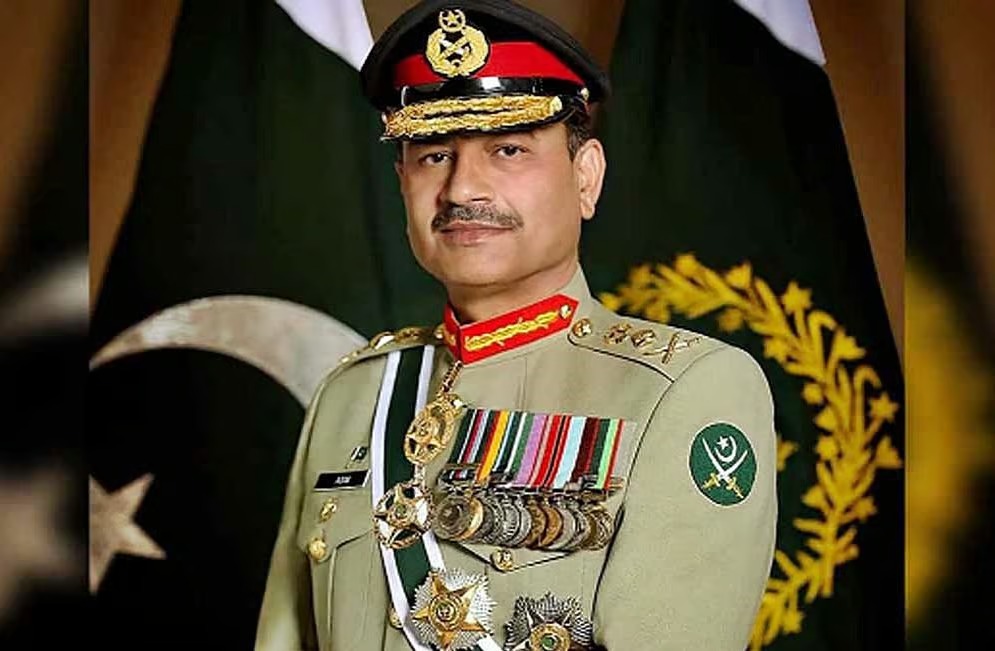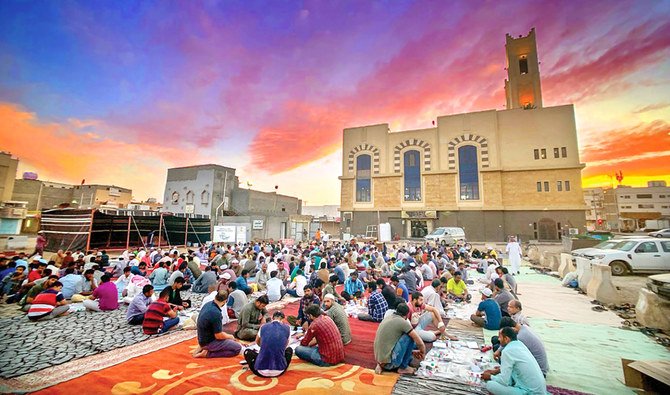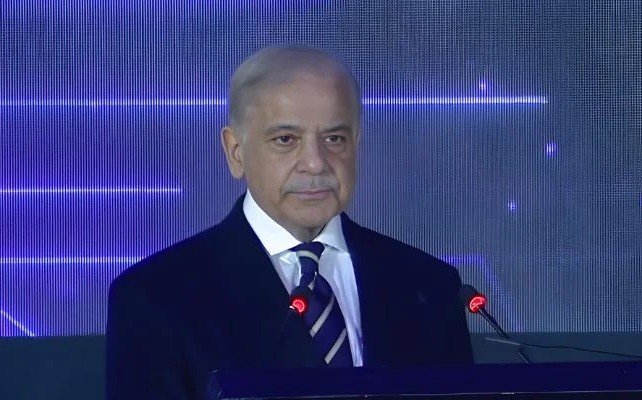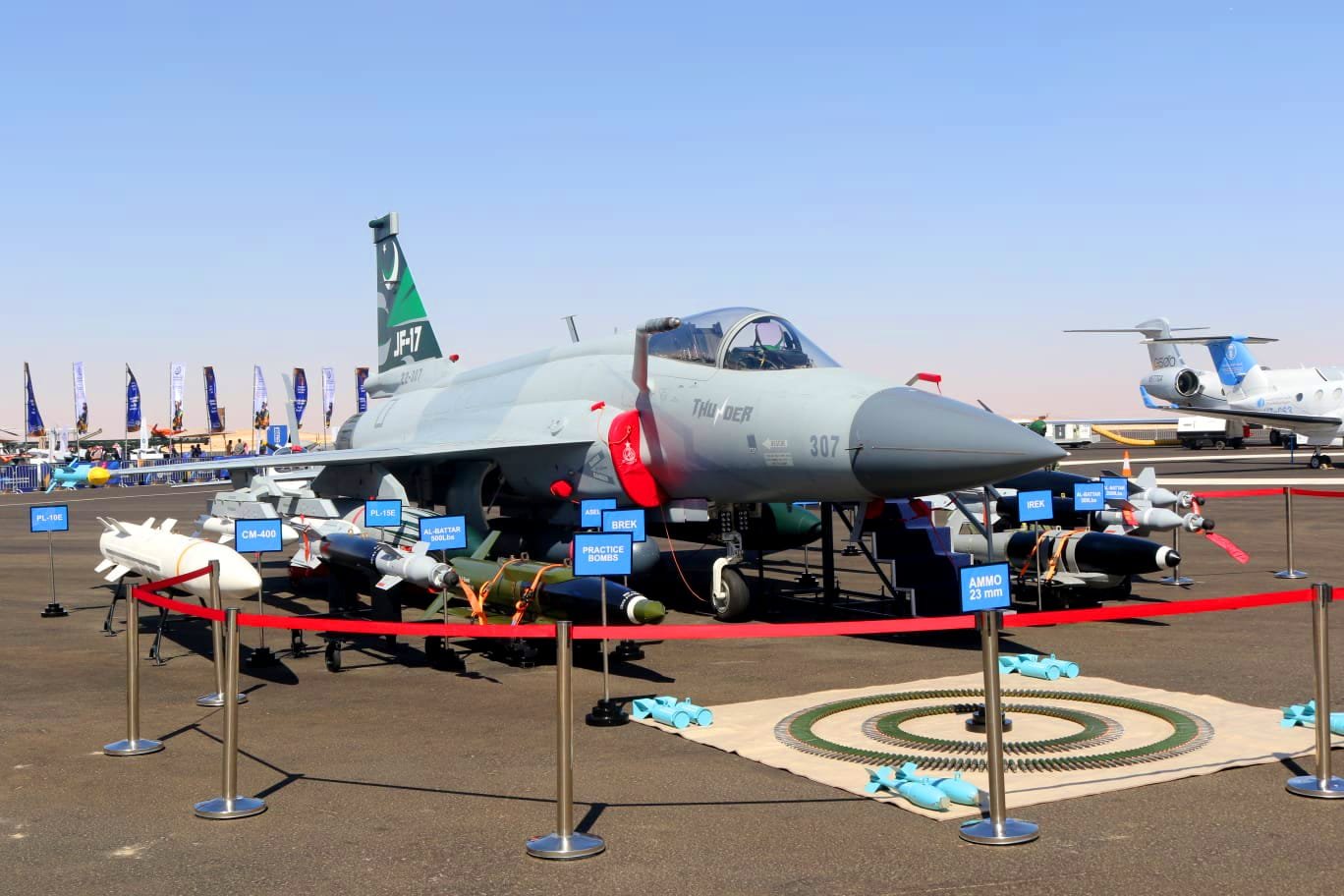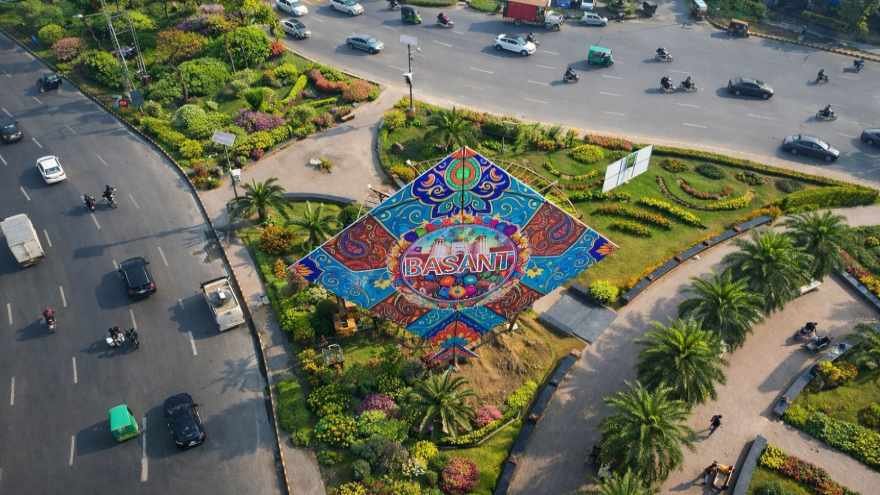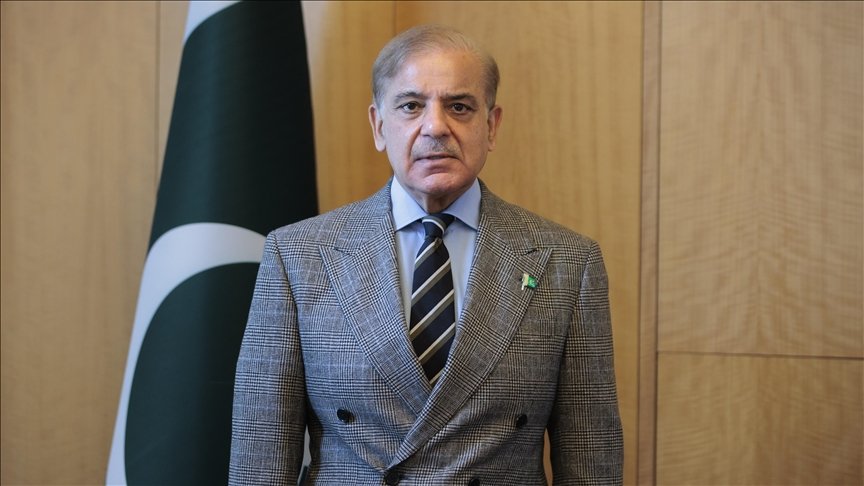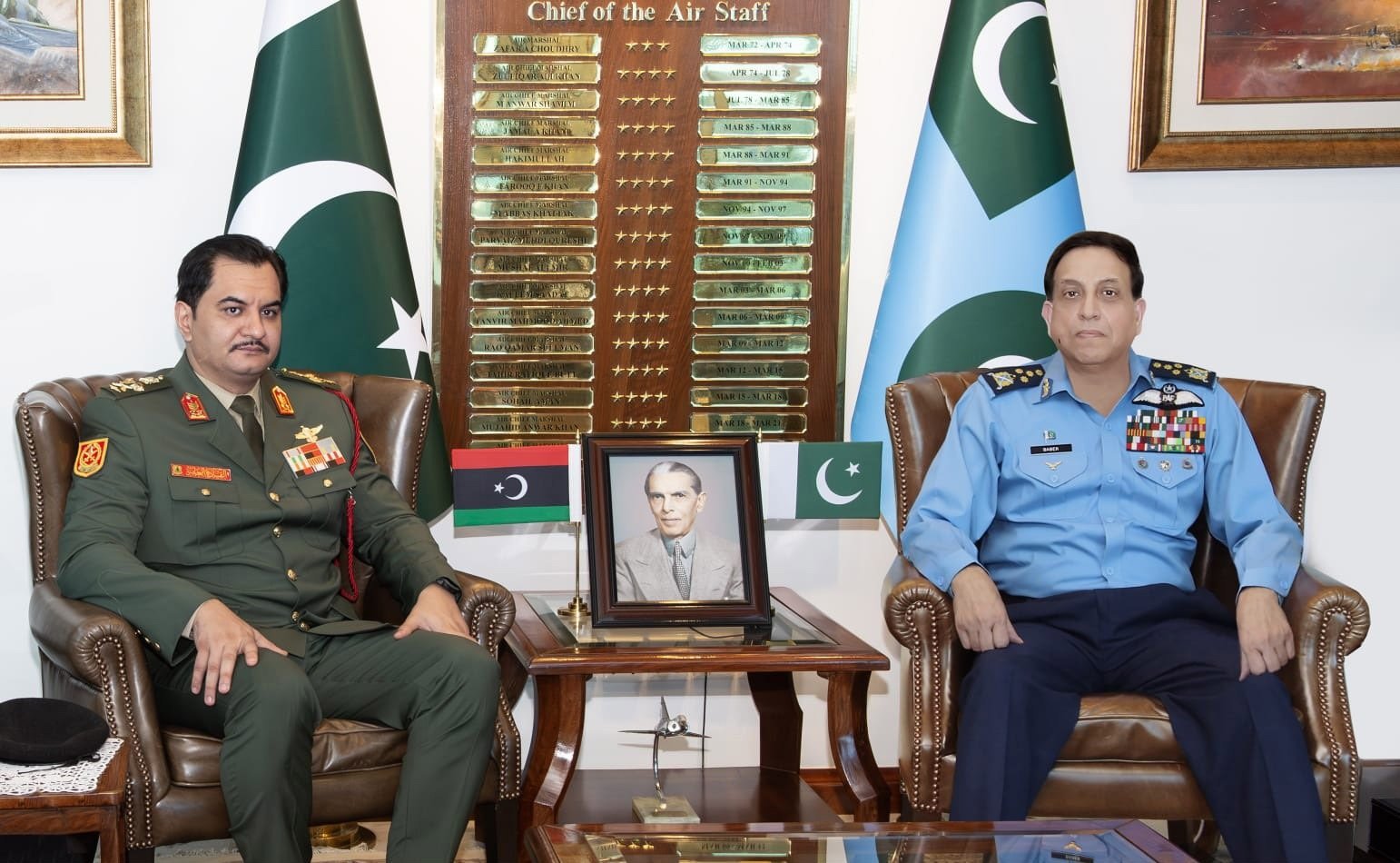The recent extraordinary meeting between Field Marshal General Syed Asim Munir and United States President Donald Trump has captured the attention of global observers, analysts, and governments alike. It was not merely a high-profile engagement between two prominent figures; it was a historic symbol of recognition—recognition of Pakistan as a peaceful, responsible, and militarily capable nation, and a confirmation that its armed forces stand among the finest in the world. The respect and honor extended to General Asim Munir by President Trump served as a diplomatic seal on Pakistan’s growing credibility, strategic relevance, and moral stature in a turbulent geopolitical landscape.
This meeting carried the weight of a thousand messages. At its core, it signaled to the world that Pakistan’s measured and professional approach in military affairs is not only acknowledged but admired. General Munir, representing the disciplined and courageous ethos of the Pakistan Army, carried with him the image of a country that chooses reason over rage, strategic patience over impulsive retaliation, and responsibility over recklessness. The world took notice when Pakistan, faced with India’s recent aggressive provocations, responded with precisely the amount of force required—not an inch more, not a moment too late. This calculated yet firm reply not only stunned India but sent an even stronger signal to those who quietly enable New Delhi’s confrontational policies.
Historically, wars and military escalations are often remembered for their devastation, but seldom for restraint. Pakistan’s response—guided by wisdom rather than vengeance—will be recorded as one of the rare moments in modern history when a nation, though capable of inflicting great damage, chose the path of intelligent and limited engagement. This in itself was a moral and military triumph. And as the Qur’an reminds us in Surah Aal-e-Imran (3:26), “Say, O Allah, Owner of Sovereignty, You give sovereignty to whom You will and You take sovereignty away from whom You will. You honor whom You will and You humble whom You will. In Your hand is [all] good. Indeed, You are over all things competent.” The elevation and recognition of General Munir at such a forum is but a reflection of divine will that lifts the dignified and humbles the arrogant.
The reverberations of this meeting were most acute across the eastern border. The Indian political and media establishment has found itself stunned into uneasy silence. For a country long obsessed with regional hegemony and military domination, the image of a Pakistani General being honored on the world stage—particularly by a leader like Donald Trump who represents the core of Western political influence—was difficult to digest. It shook the ideological foundations of the Bharatiya Janata Party (BJP), which had long relied on an aggressive stance towards Pakistan to maintain its nationalist rhetoric. Now, that very narrative has begun to unravel. The political myth of India’s unchallengeable dominance has been exposed, not through war, but through diplomacy, international acknowledgment, and truth.
The weight of this encounter also lies in the shifting tides of global power. General Munir’s meeting came at a time when Pakistan had recently demonstrated the successful operational use of Chinese military products—an event that did not go unnoticed by military analysts and global powers. In diplomacy, emotions are secondary to interests. The effectiveness of China’s defense technology in Pakistan’s hands has raised important considerations for both Western and Eastern defense strategies. President Trump’s outreach to General Munir may also be seen in this light—as a recalibration of alliances, a gesture of engagement, and a tacit acknowledgment that the future of regional security lies not in isolating Pakistan, but in working with it.
Beyond South Asia, this meeting has triggered hopeful discussions in broader geopolitical theatres. General Munir is not just a national military leader; he is increasingly seen as a statesman with influence that extends far beyond Pakistan’s borders. In diplomatic circles, it is being quietly discussed that his sober and balanced approach might help de-escalate long-standing tensions between Iran and Israel. His credibility as a responsible figure with strategic clarity makes him a suitable interlocutor in delicate negotiations. Furthermore, the Kashmir issue—long ignored or treated as a bilateral deadlock—has now been reignited in global conscience. With Pakistan’s role being increasingly viewed through a lens of reason and responsibility, the possibility of genuine international mediation is growing.
Meanwhile, the Indian media—so often loud, brash, and boastful—is now reeling from the shock. The coverage has turned defensive, confused, and at times contradictory. The narrative they crafted for decades has collapsed under the quiet strength of Pakistan’s diplomacy and military restraint.
What the world witnessed in that moment between Donald Trump and General Syed Asim Munir was not just a handshake—it was a shift. A shift in perceptions, in alliances, and in the narrative of South Asian politics. It was a quiet but firm declaration that Pakistan, once seen through the distorted lens of regional hostility and global suspicion, now stands as a credible, mature, and indispensable actor on the world stage.
This meeting will be remembered not just for the symbolism it carried, but for the doors it opened—for peace in the region, for balanced diplomacy, and for the assertion of truth over propaganda. It offered a glimpse into a new geopolitical future where Pakistan’s voice is not only heard but respected. And in this dignified emergence, the legacy of Field Marshal General Syed Asim Munir will be etched—not just in military annals, but in the history of global diplomacy and peace.

Mr. Muhammad Mohsin Iqbal is the Director General National Assembly Parliament House Islamabad.

Director General National Assembly Parliament House Islamabad.
